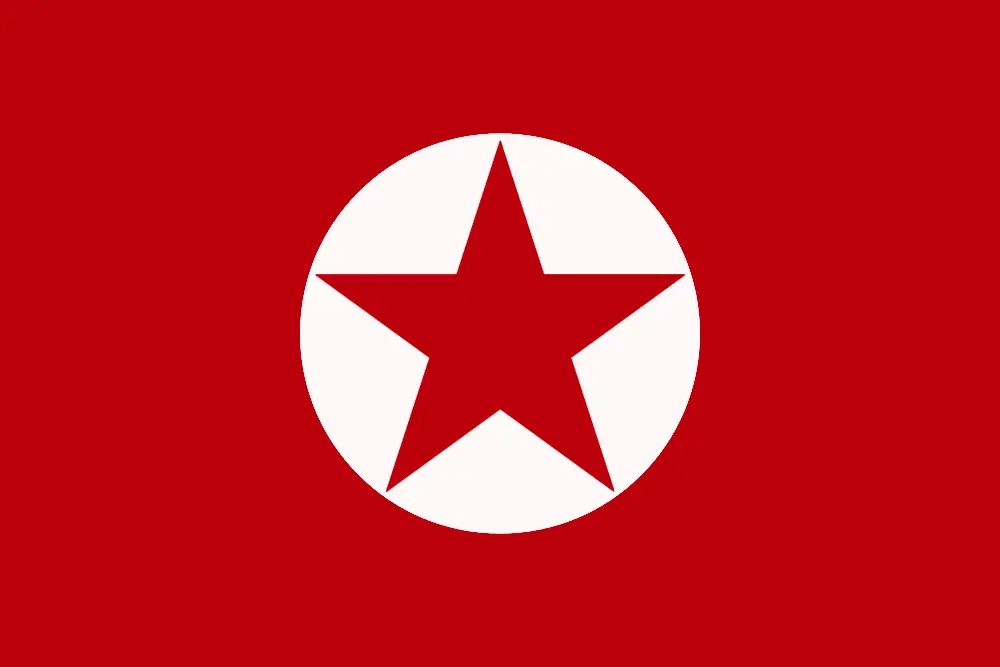
Is Japan a Socialist Country
With the Liberal Democratic Party (LDP) in power, Japan appears to be a democratic country that still acknowledges the presence of royals. On paper, it runs as a model of capitalism. Does socialism have any place in these contradictory economic scenarios?
Japan is a capitalist country with some socialism traits. After the Cold War, the Western socialist parties lost public support, and the East witnessed the end of the communist power. The socialists thrived in Japan during that time but lost momentum at a later period.
Quick Navigation

What Is a Socialist Country?
Socialism is a philosophy of economic and social structures based on social ownership of the means of all types of productions. There are no true socialist countries left in the world. Examples from the past era include Nazi Germany and the former Soviet Union.
Apart from nationalizing all means of production, a socialist economy treats all lands as cooperative property. All lands belong to the people who work in it, but they don’t have the right to sell these properties.
In a pure socialist country, the government takes all decisions regarding the production and distribution of all kinds of goods, crops, and services. People can’t own anything individually and they need to rely on the state for everything, from education to food and medical treatments. Such a system creates a more egalitarian society by ensuring people’s equal rights on goods and services.
It’s completely opposite to a capitalist system where private institutions and individuals can own the means of production and get to keep the profit for themselves.

The concept of a socialist country is somewhat idealistic where there are no rich or poor people. However, the truth is no socialist country can survive by rejecting capitalism. You can take the former Soviet Union and Venezuela and as examples. Due to refusing to adopt some improved aspects of capitalism, these nations failed miserably.
What Kind of Socialism Japan Has?
Does the world’s second-biggest economy still follow communist principles? If you don’t take the Western socialism principles as standards, you can say that Japan has a kind of socialism that is appropriate only for Japan. The socialist movement was originated after the Sino-Japanese War but it has went through continuous reforms.
It is not a purely socialist country, which applies to every modern country following socialism traits. It has a mix of social safety nets and capitalist ventures to ensure the state can provide for its citizens without experiencing a crumbling economy.

Many people think that the socio-economic status of a country has to be one of the two extremes — socialism (or communism) and capitalism. The reality is different. There are a huge number of variations in between, and Japan has adopted one of them.
The Socialist Features
- A nationalized healthcare system
- Free education up to senior high schools
- Maternity leave for nine months
- Unemployment benefits
- Allowance for single mothers
- Social welfare for older citizens
- Aids for farmers Active public work programs
Japan’s socio-economic policy creates extensive safety nets for citizens to reduce their struggles compared to those living in a purely capitalist country. The state employs various measures to establish social justice and economic equality.

The Capitalist Features
Socialism in Japan took the biggest blow under the Yasuhiro Nakasone administration (from 1982 to 1987).
It took various reformative policies to make space for the privatization of businesses and institutions. However, those strategies had not been strictly executed, leading to Japan standing in the mid-way between socialism and capitalism.
The Principles of Japan’s Socialism
With both capitalist and socialist features, Japan’s socio-economic status has these features:
- Socialism in Japan does not completely exclude capitalism, nor it denies the market economy. It actually thrives within these systems.
- Following the first feature, capitalism has created room for bureaucrats in every industry. They have their unique influence and contribution to the market and economy.

- There are solid policies in place for the protection of businesses and industries that are unable to survive on their own. The administration implements rules for limiting new and existing competition. However, if needed, the authority can exercise nationwide control distribution and prices of the products.
- Numerous employee-centered companies are the lifeblood of the country’s financial sector. These entities provide various benefits to their workers and are run by socialist principles.
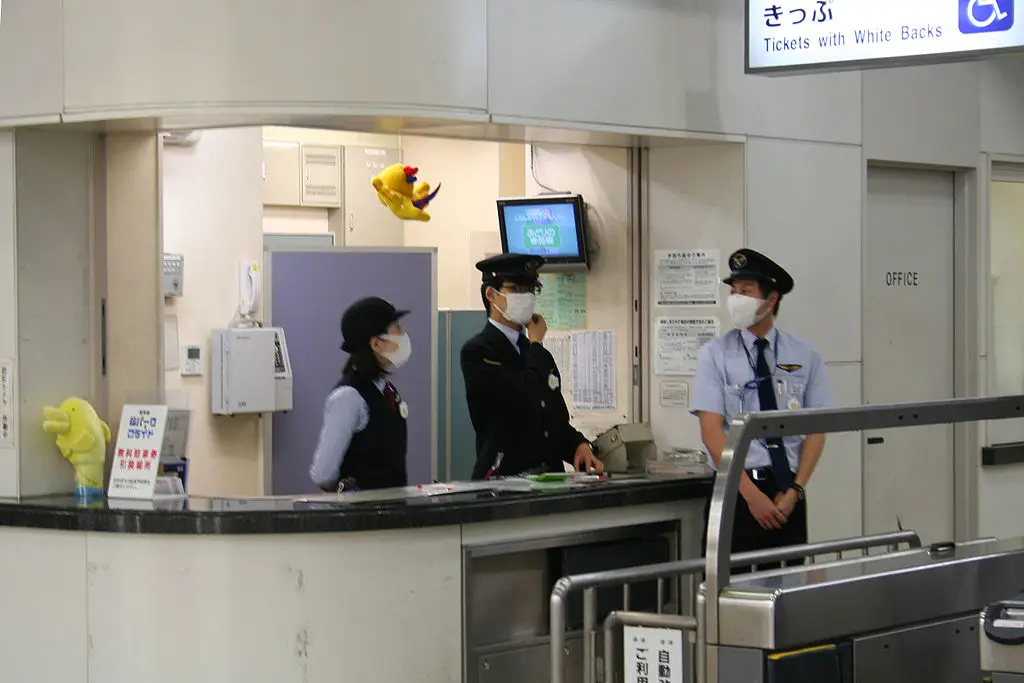
- The Japanese government has a social welfare system in place that creates a safety net for unprivileged people.
- The Ministry of Finance strictly supervises and regulates all financial affairs in the country.
- The current system makes sure the redistribution of the money from taxes and other sources from the government to the local governing bodies.
From these features, it’s clear that the socialism that exists in Japan is quite different from Soviet-style socialism. This system is more polished and collaborates with capitalism to create a social democracy.
How Successful is Japan’s Moderate Socialism?
By not following the pure form of socialism, Japan has built a highly successful economic system. Due to maintaining a fine balance between income and wealth distribution, the country’s economic and social condition is highly stable.
According to a 2018 article in Japan Times, the system has worked so well that the net financial wealth of a Japanese household is almost as twice as an American household.
Counting all financial assets excluding the liabilities, a Japanese household income in 2017 was $96,000 while it was only $50,000 for an American household.
The distribution of wealth in Japan is so well managed that it reduces the number of low-income people. For example, only 9% of the households in Japan had less than $10,000 net financial assets while it was a staggering 28% in the USA. The numbers indicate clearly that whatever the Japanese government is doing to support the financially disadvantaged people is actually working.
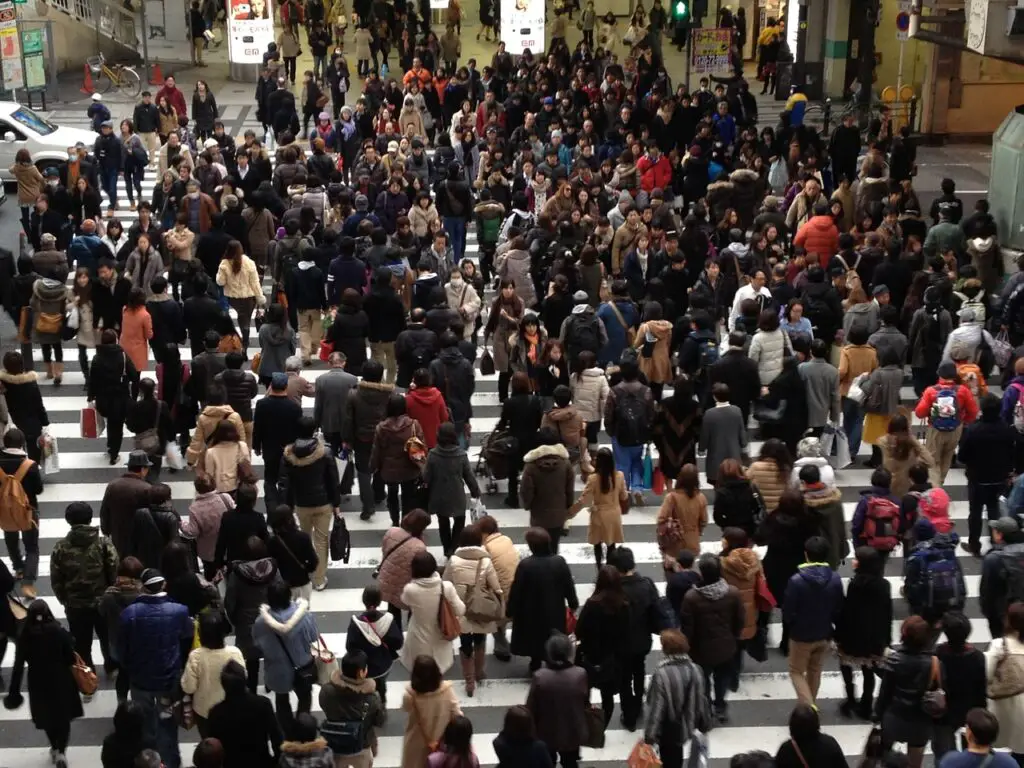
The difference between America’s capitalism-centric and Japan’s socialism-centric economy system is also evident from the number of wealthy people. The net assets of almost 7% of the U.S. households have crossed the $1 million threshold, while it’s only 2% in the case of Japan.
During the period between 2000 and 2017, the average household median income has increased by $24,000 in both countries. But the bottom 10% in Japan had seen the addition of $15,000 to their income while it’s just $10,000 in America.
So, it’s clear that Japan’s socialist economic measures have taken better care of the disadvantaged and poor people than America. The highly efficient financial management has stabilized the economy and established social equality.
History of Socialism in Japan
After the Autumn of Nations in 1989 (a series of revolutions overthrowing the communist ruling in Central and Eastern Europe and other areas. However, when the rest of the world was turning its back on socialism, the scenario was quite different in Japan.
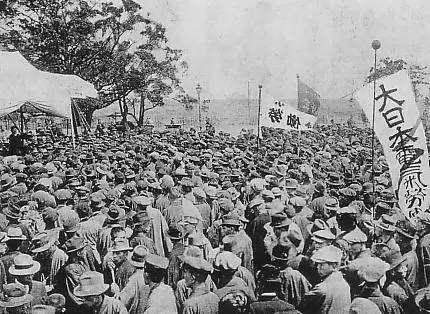
In the same year, the Japan Socialist Party (JSP) had an unprecedented win in the Upper House election. Despite losing the prime minister’s position to the candidate of the Liberal Democratic Party (LDP), it was still a huge success for the JSP.
It seems that Japan was living in a different era obsessed with political and fiscal issues while the rest of the world was reeling from the aftereffect of the Cold War.
The Reasons Behind JSP’s Failure
The JSP was in its prime during those years. But the party started losing popularity after its poor stance (sending monetary aid instead of military assistance to Kuwait) in the Gulf War. By April 1991, it was experiencing huge defeats in local elections across the country.
A new chairperson took over the party and he proposed changing the party policies, making them more consumer-friendly. But the party leaders were unwilling to embrace change, leading to an Upper House election defeat in July 1992. It lost almost half of its Lower House seats in the 1993 general election.
The other political parties and common people did not approve of JSP’s lack of realism. They also criticized its conservative stance of remaining neutral in world politics.
The party chief became the prime minister of a coalition government in 1994. However, the party itself could not prevent going down to a slippery slope.
Current Status of Political Socialism in Japan
While the European social parties slowly regained their strength throughout the latter half of the 1990s, JSP failed to make a comeback. It was disbanded in 1996. Currently, a minor party named the Social Democratic Party that has four seats in the National Diet is the only political representative of socialism in Japan.
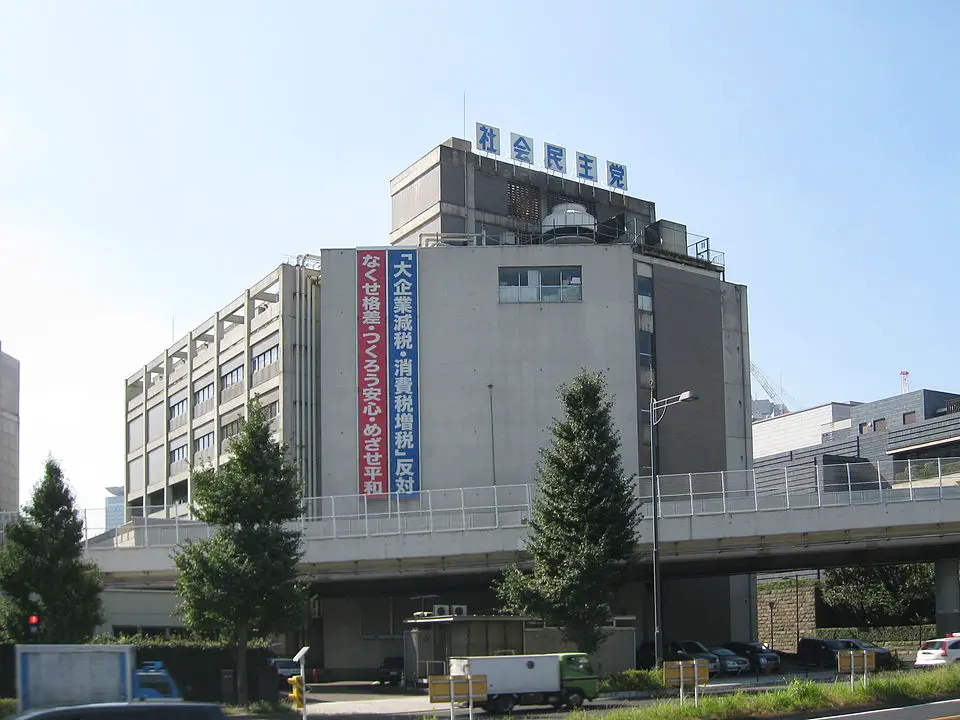
Lack of realism was the main reason for socialism to lose political power in Japan. To tell the truth, the socialist party borrowed foreign ideas and was influenced by the socialist waves in other countries instead of social injustice and inequality from within.
When the socialist political power was on the decline, the United States swooped in to take advantage of the situation. The U.S. government created pressure on the Tokyo administration for free trade and the removal of various restrictions.
Despite the disintegration of political socialism, the Japanese government still adheres to various socialist policies.




